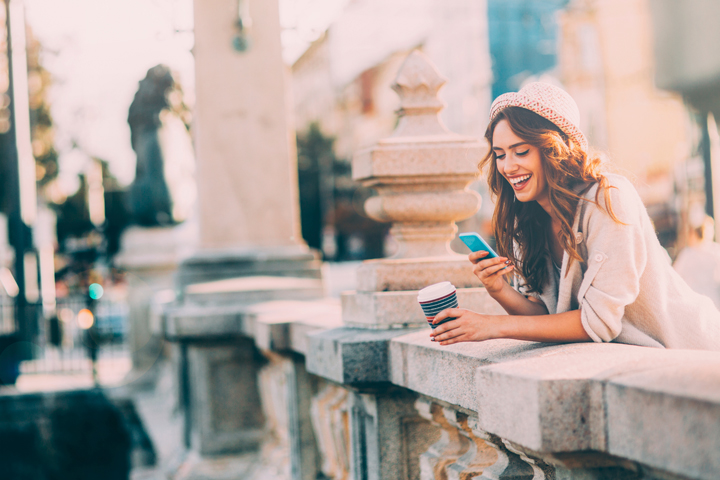How to Dodge the Safety Hazards of Social Media
Social media has become such a pervasive part of modern life—it’s nearly impossible to escape from the constant barrage of status updates, tweets, and selfies. Whether you love it, hate it, use it constantly or check in every so often, it’s important to avoid common mistakes that could compromise your safety.
Navigating social media is like any other social situation—there are some do’s and don’ts—but your number one concern should always be staying safe.
The Basics
There are two things people frequently post without hesitation, which can seriously compromise your safety:
Your birthdate
This is a key piece of information that can be leveraged for identity theft. Leave your birthdate off Facebook and other sites. If you do make a celebratory birthday post, avoid sharing your age or the year you were born.
Your birthday is a common security question for password help. It’s also a common combination people use for their credit card pins and passwords. If a hacker figures out your birthday, it can put you in a tricky situation.
Above all, your birthday can aid criminals in figuring out your social security number. Up until 2011, social security numbers were linked to where you were born. If someone were to find out when and where you were born, it could get them one step closer to figuring out your social security number.
Your location
Your location seems like an inconsequential thing to be worried about sharing, but if hackers get a hold of your whereabouts, it endangers you and your home. Criminals will know where you are, but more importantly they’ll know where you’re not.
Discussing your vacation plans or posting a bunch of travel photos while you’re gone is a quick and easy way to let thieves know you’re not at home, and that your house may be empty for a while. Wait until you’re back to share your photos and stories from your trip.
Geotags on photos are another way to let everyone know precisely where you are. Most smartphones will automatically geotag your photos. Even when you tag other people, it puts your friends’ safety at risk.
Check your phone’s settings and disable the camera’s GPS, and be cautious of who follows you. If need be, remove yourself from any tagged photos that share your current location.
The No-Brainer
Consider making all your social media accounts private, if they aren’t already. It won’t ward off all possible threats but it can significantly decrease the chance of your information falling into the wrong hands. The easiest way to address safety concerns is to keep your accounts out of the public eye and treat your friends list with caution.
If keeping your account private conflicts with your job or lifestyle—consider making two separate accounts: one personal and one public. Your personal account can keep all your closest friends and family up to date on your life, while your public account can be curated to share with a larger, lesser-known community.

Gray Areas
Everyone has a different comfort level when it comes to sharing things online. Practice good social media etiquette and make sure you have permission before posting a photo of someone. This applies to kids as well. Children’s privacy, in particular, is something to consider as our world becomes more and more digital.
Imposters
Phishing scams are ubiquitous on the internet and social media is no exception. These cons can be especially hard to spot, since they’re designed to look like a normal account, with a user name and photo to lend it authenticity.
Fake accounts are currently one of the most popular forms of fraud. Scammers will pose as customer service for banks and businesses to ask for your personal information. You should never share financial information or account details over social media. Contact the business directly if you have any suspicions about their online customer service.
If You Get Hacked
Your first defense against hackers is a strong password, so make sure you use varied, complex passwords for every account. But if you happen to experience the misfortune of being hacked, it’s important to take immediate action¹.
- Notify the service’s help center
- Change your passwords on all your accounts (not just the one that was hacked)
- Watch your bank activity closely for the next few weeks or so
- Let your social network know that you’ve been hacked so they don’t engage with any messages from your compromised account
Don’t Be Your Own Worst Enemy
The biggest danger on social media may be ourselves! Don’t forget that once you share something on the internet, it’s out there forever.
You shouldn’t post anything that you wouldn’t feel comfortable having your family or your employer see. Before you share anything, evaluate the relevance and consider if it will stand the test of time.
___________
¹https://www.goodcall.com/news/social-media-09728

